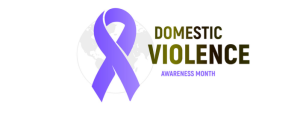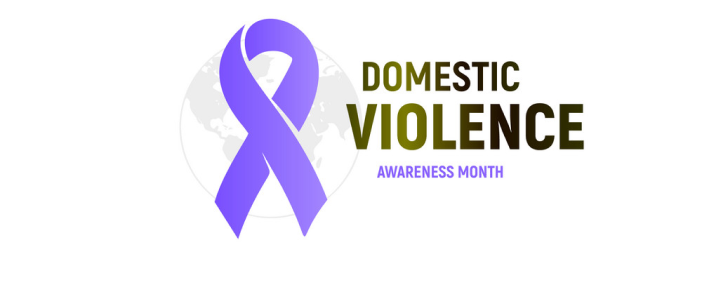After the detection of violence against women and/or domestic violence, if it becomes necessary after assessing the fact of specific violence, the victim should be separated from the aggressor and he/she can be taken by a police officer to a crisis center or a shelter.
Shelter – temporary residence of victims or displaced persons from the occupied territories of Georgia in the system of the Ministry of Labor, Health and Social Protection and/or a place of temporary placement of victims on the basis of a non-entrepreneurial (non-commercial) legal entity, which serves psychological and social rehabilitation of victims, legal and medical assistance and protection;
Crisis center – a place of temporary placement of alleged victims and victims, which serves them with psychological and social rehabilitation, primary and emergency medical services and legal assistance.
Emergency services are available at the crisis center. The crisis center can be used by persons who have not been assigned the status of victims or are alleged victims. Currently, 5 crisis centers are operating in Georgia: in Kutaisi, Gori, Ozurgeti, Marneuli and Tbilisi.
The following are eligible to be enrolled in the crisis center of services for victims of violence: Victims/alleged victims of violence against women and/or domestic violence, human trafficking (trafficking) and sexual violence (hereinafter referred to as violence) (along with their dependents).
What is the difference between a crisis center and a shelter?
The crisis center is a state service and is intended for people who are victims of violence against women and domestic violence, as well as sexual violence and trafficking, although they have not yet been assigned the status of a victim, but this possibility does not exclude the possibility that a beneficiary who has already been granted the status of a victim or alleged victim may apply to the crisis center.
At the same time, it should be noted that only victims with victim status are admitted to shelters, while crisis centers provide services to those who do not have this status.
Placing the victim in a shelter
They are placed for up to 3 months. If necessary, this period will be extended according to the procedure established by the statute (internal rules) of the shelter, unless the victim does not want to stay there longer than the above-mentioned period. After the expiration of the term of placement in the shelter, in case of danger to the victim, the administration of the shelter is obliged to inform the law enforcement authorities about this in order to ensure further response.
If the victim is placed in a shelter or crisis center, he/she will be kept in the same position at work.
If the victim does not use a shelter/crisis center and wishes to remain in the residence under a protective or restraining order, the issue of temporary removal of the abuser from the victim’s residence will be determined. The police have the right to remove the abuser from the victim’s place of residence under a protective or restraining order, even if this place is owned by the abuser.
A shelter/crisis center cannot employ a person who has been convicted of committing a crime against sexual freedom and inviolability under the Law of Georgia “On Combating Crimes Against Sexual Freedom and Inviolability”, regardless of whether the conviction is expunged or overturned.
Information about the identity of the victim, his/her health and psychological condition is confidential and can be disclosed only in accordance with the law.
Barriers to using available support services for victims of violence include the following:
- Lack of information on support services
- The problem of availability of services in the regions
- A significant barrier to receiving services for ethnic minorities is the language barrier
- The lack of a private/secluded space may hinder receiving the online services of a lawyer or psychologist
- A barrier to referral for community organizations is often the fear of stigma, particularly in regions where there is a perception that everyone knows each other and information about a person’s identity can be easily spread
- For fertile (young) women, especially ethnic minorities, women living in rural areas and Internally Displaced Persons settlements, there are other barriers to contacting the law enforcement, which are mostly related to widespread stereotypes
- Attitudes of law enforcement officers towards victims of violence are also considered an important challenge. Despite the fact that some law enforcement officers have undergone special training, there are still frequent cases of re-victimization of the victim during the interrogation process, when the law enforcement officer is aggressive or mocking, the victim has to justify himself/herself, repeat the story several times and often the principle of confidentiality is violated.
- Also, an active information campaign about human sexual and reproductive rights, as well as work on creating safe spaces for target groups, remains an important challenge.
- Also, due to the fact that victims of violence are often unable to leave the violent environment due to their economic dependence on the perpetrator, it is important to have programs for the victim’s employment and resocialization in society.


